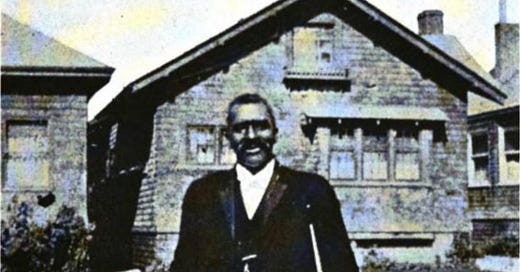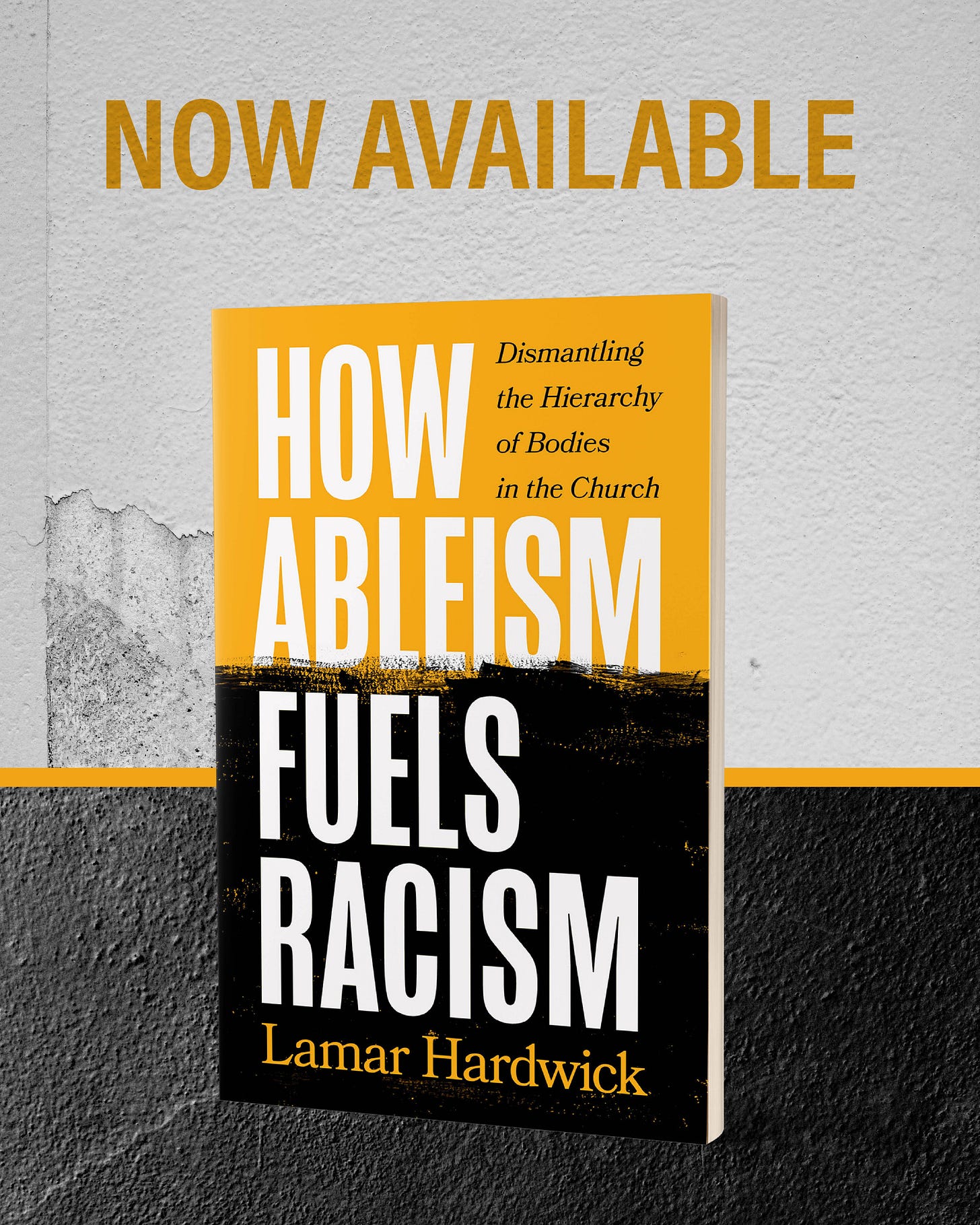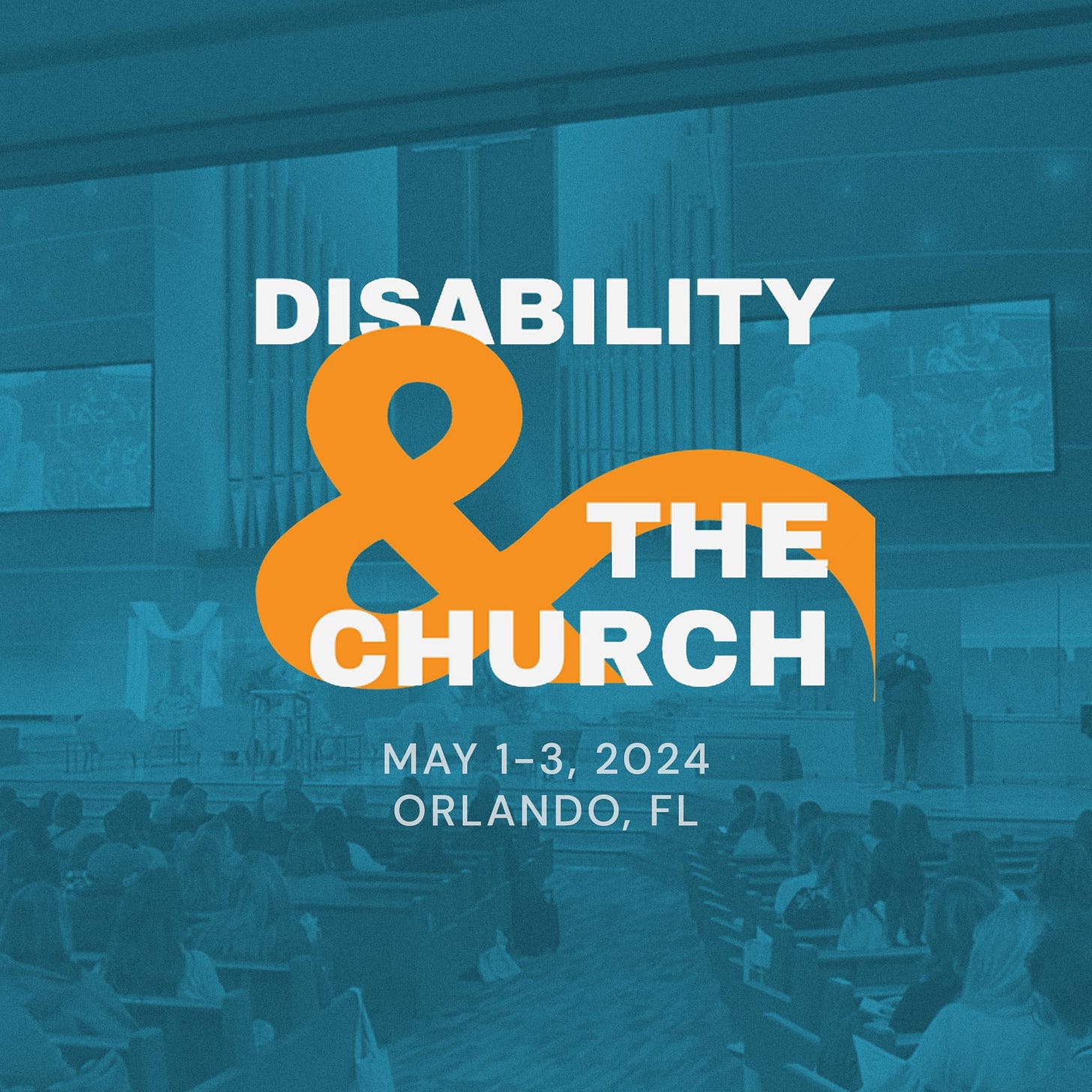From 2010 to 2019 I pastored a church in LaGrange GA. LaGrange is south of Atlanta and just north of Columbus GA. I have fond memories of my time in Lagrange. While I initially joined the staff at New Community Church as the youth pastor, my role would eventually shift to lead pastor.
One of the primary reasons why the city of Lagrange has become a special place for me is because it is the city where I was serving as pastor when I first discovered and disclosed my autism diagnosis. I’ve written extensively about my journey to discovering I was autistic, but I have never quite paused long enough to appreciate the environment that provided me with the courage and the commitment to making that journey. It was in Lagrange, GA of all places, that my feet were set on the path to exploring my diagnosis as well as how having a developmental disability impacted my church experience and my understanding of faith, God, and the Bible. The city of Lagrange would prove to be a place where I had opportunities to begin my exploration of the intersections of disability, race, and religion. My experience as a disabled pastor serving in Lagrange is by far not a unique story. One of the most pivotal figures in Black Church history was a disabled man by the name of Elijah John Fisher who was a pastor born in the very city where centuries later I would be reborn as a disability activist. Henry Mitchell writes:
Elijah John Fisher is best known as pastor of the famous Olivet Baptist Church of Chicago, where he served from 1903 to 1915. Born in LaGrange, Georgia, he was the youngest of eight boys in a family of seventeen children. He was ‘hired out’ by his master to serve in a Baptist parsonage while he was a small child. Thus he received early exposure to Christian teachings and was baptized before he was six years old. His father was an unordained ‘floor preacher’ in the Black congregation that met in the Whites’ church building. Thus his exposure was intensified.[i]
Fisher has a rather impressive history as a scholar and leader in the Black Church. He was among a small group of Black clergy in his day that through determination became shining examples of those who were able to access formal education in addition to being self-taught ministers. Fisher was able to earn a college degree in record time, and when he entered Atlanta Baptist Seminary he successfully appealed to the institution and was placed in the senior class. He was an avid reader, so much so that he was able to pass the required examinations to do so. Fisher was so advanced that in his only year of formal seminary training, he managed to study both Hebrew and Greek and due to his discipline and dedication to his theological studies, he was known to spend hours studying in his library. Fisher was known in the Black Church as an intellectual giant, a man who was as wise as he was knowledgeable.
When Fisher was approximately twenty-one years old, he answered his call to ordained ministry. Before serving at Olivet Baptist Church in Chicago, Fisher served several small rural churches including the First Baptist Church of Anniston in 1883 and the First Colored Baptist Church in his hometown of LaGrange, Georgia, and Mount Olive Baptist Church of Atlanta in 1889. After seminary, Fisher served for two short years in Nashville before heading to Chicago.
At the young of twenty-one, Fisher was boarding a train and fell, causing him to lose his leg. Fisher would recover after surgery and go on to have an extremely successful career as a pastor and civil rights activist. Fisher was a prophetic voice of his time, often speaking out against violence against Black bodies and he even was known for publicly speaking out against Black churches and pastors that remained silent on issues of racial justice. He even spoke out publicly against Booker T. Washington because he believed Washington was too silent on issues of racial justice, namely the violence and lynching that Black people had to endure. As a local church pastor, Fisher was recorded to have baptized nearly twelve hundred people in two years and during his twelve years as pastor of Olivet Baptist Church in Chicago (1903-1915) he was believed to have built the largest Protestant congregation in the world at the time.[ii] Not only is Fisher a shining example of leadership development in the historically Black church, but he is also a shining example of Black disabled leadership in the church and the community.
[i] Mitchell, H. H. (1990). Black preaching: The Recovery of a Powerful Art. Abingdon Press. Pg 50
[ii] Ibid. 51







A remarkable story about someone I did not know lived and served so effectively. Another one of the great "hidden figures" in church history and in American Black history.